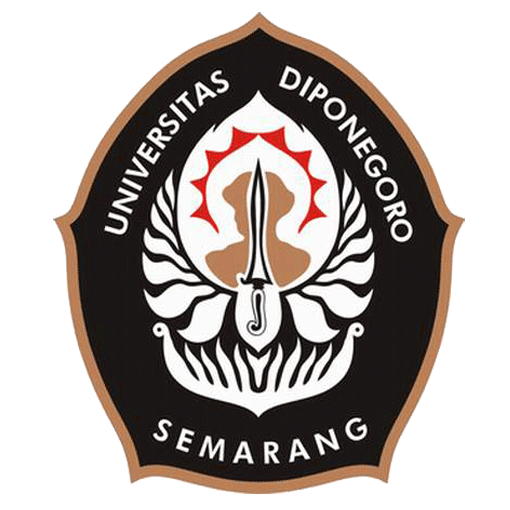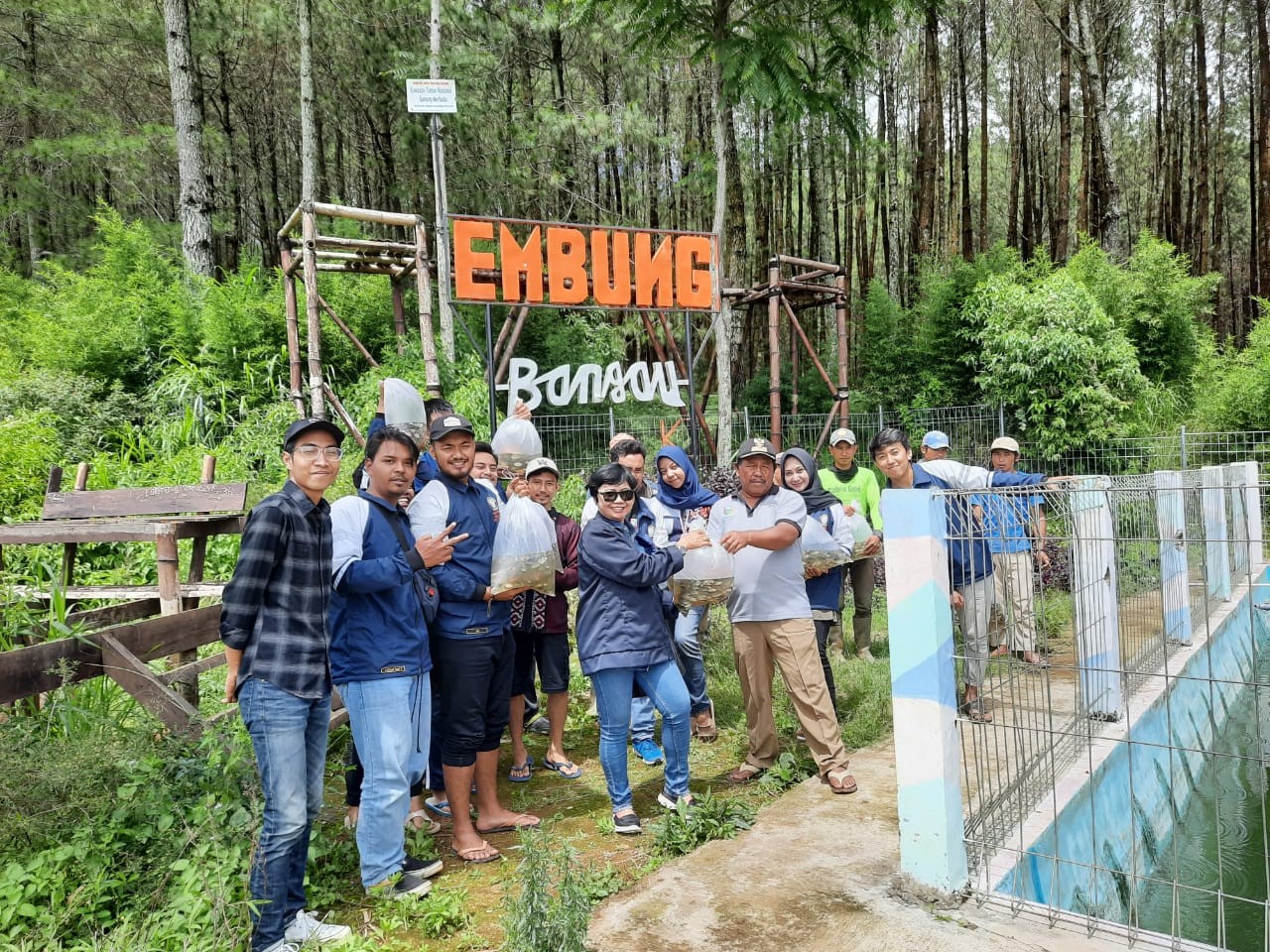SEMARANG – There are many interesting things that can be found in Aquatic Resources Management Study Program of Department of Aquatic Resources, Faculty of Fisheries and Marine Sciences (Fakultas Perikanan dan Ilmu Kelautan / FPIK), Diponegoro University (UNDIP). The study program with an A Accreditation from National Accreditation Board for Higher Education also provides interesting knowledge and scientific provisions that have broad dimensions.
This is based on the fact that the natural resources of the waters (aquatic) in Indonesia are very diverse and abundant. All the available potential has not been utilized optimally for the welfare of the community because there are still limited Human Resources who can manage it. This is different from the natural resources of land (terrestrial) which have been maximally utilized.
“In the context of how aquatic resources are managed, our task is to prepare excellent Human Resources. In addition to conduct research and community services, the excellent human resources will also play role related to higher education institution,” said the Head of Department of Aquatic Resources of Faculty of Fisheries and Marine Sciences Undip, Dr. Ir. Suryanti, M.Pi, on Monday (28/6/2021).
According to Suryanti, the potential that exists in aquatic resources can be said to be limitless; so it is necessary to prepare human resources who have the ability, knowledge and competence to manage it. Diponegoro University realizes the importance of this, so that as Legal Entity State University in Semarang City, Undip is moved to organize study programs related to the management of aquatic resources.
Aquatic resources are a dimension of natural wealth in the seas or oceans, rivers, swamps, springs, lakes, reservoirs, and the utilization of artificial ponds. Moreover there are various kinds of resources that are beneficial for life ranging from fish which is source of omega 3, vitamins, minerals and protein; then shrimp, squid, octopus as source of nutrition; seaweed as a source of fiber; plants and other marine biota, one of which is sea urchin which can be source of pharmacology; Pearl; as well as sand and various mineral materials in the waters that can be used for various needs as a Food Security Effort in the Covid-19 Pandemic Period.
“We are in a country rich in aquatic resources. They are abundant in number, and the types are very diverse and abundant. This is a challenge for the younger generation to answer. We really hope that high school students and their equivalents enter this field; If not, then foreign workers will definitely come in,” she said.
The sense of responsibility as a higher education institution makes Undip to make a big commitment to open the Aquatic Resources Management Study Program, so that nation’s wealth management is carried out by the children of the country, not by foreign workers. Aquatic Resources Management Study Program makes maximum efforts to prepare qualified human resources, not only mastering knowledge and being able to apply it, but can also develop water and fishery management to control the level of utilization of aquatic resources in rational and sustainable manner for the development of community welfare. “Our target is to produce experts with COMPLETE and competent characters in the field of aquatic resources,” said Suryanti.
There are three study programs organized to produce human resources who are reliable in managing aquatic resources. They are Aquatic Resources Management Undergraduate Study Program, Master of Coastal Resources Management Study Program, and Doctor of Coastal Resources Management Study Program. “In the context of the completeness of the existing study levels, the National Accreditation Board for Higher Education already give accreditation to the Department of Aquatic Resources so that the scientific development of study programs can support each other,” said Suryanti, who also holds the position as Acting Head of Aquatic Resources Management Undergraduate Study Program.
Undip determines that its graduates in addition to have COMPLETE characters, also have competencies and expertise qualifications that are recognized nationally and internationally. COMPLETE character is defined as being able to become a Communicator (able to communicate verbally and in writing), Professional (working according to principles, development based on achievement and upholding the code of ethics), Leader (becoming an adaptive leader, responsive to the environment, proactive, can be a motivator, building cooperation), Entrepreneur (high work ethic, having entrepreneurial skills, innovative, independent), Thinker (able to think critically, lifelong learning, able to do research), and Educator (capable of becoming agents of change).
As for competence, Undip requires existing Study Programs to develop the ability of its graduates to be able to do work in accordance with the established skill standards. In the context of Department of Aquatic Resources, the competence should directly applies to the Indonesian National Qualifications Framework. It is a framework for leveling HR qualifications that juxtaposes, equalizes, and integrates the education sector with the training sector and work experience in a recognition scheme to support the profession. Graduates of Undergraduate Study Program are confirmed to be at level 6, Master graduates are at level 7 and Doctorate graduates are at level 9.
In addition, Aquatic Resources Management Study Program also applies the required standard of expertise so that its graduates can work optimally in the aquatic environment. Swimming skills are a requirement that must be met so that students can graduate from this study program. Of course there are more specific knowledges that are given through lectures and laboratory practice as well as field practice,” she said. (PR team)
Translated by: Titis (Public Relations)

